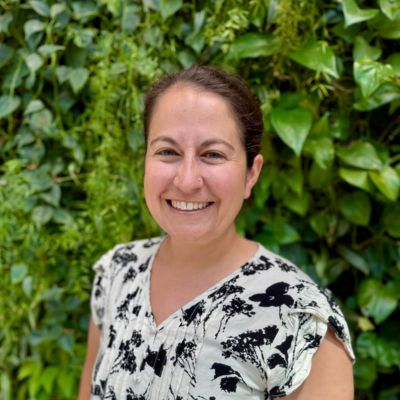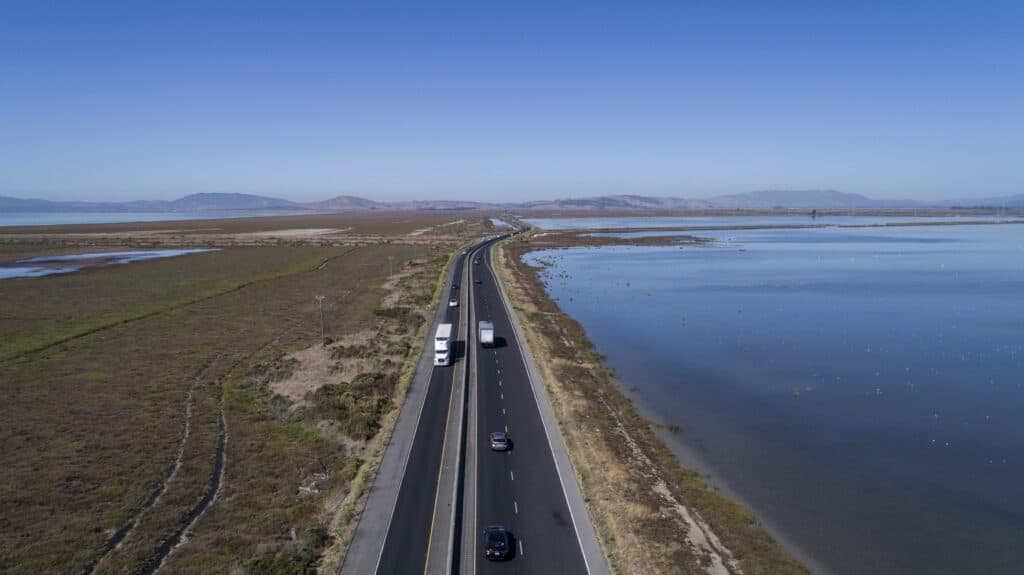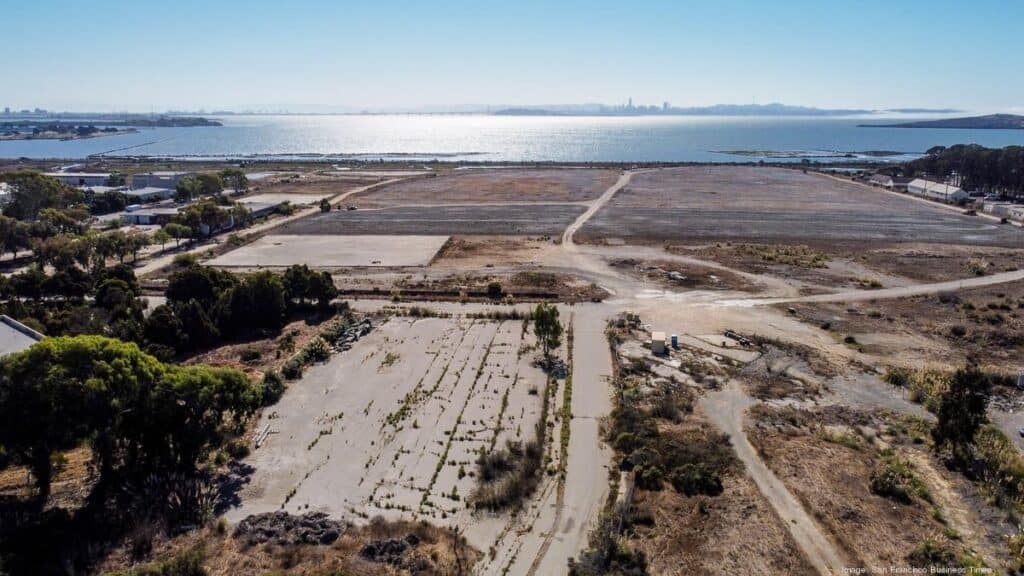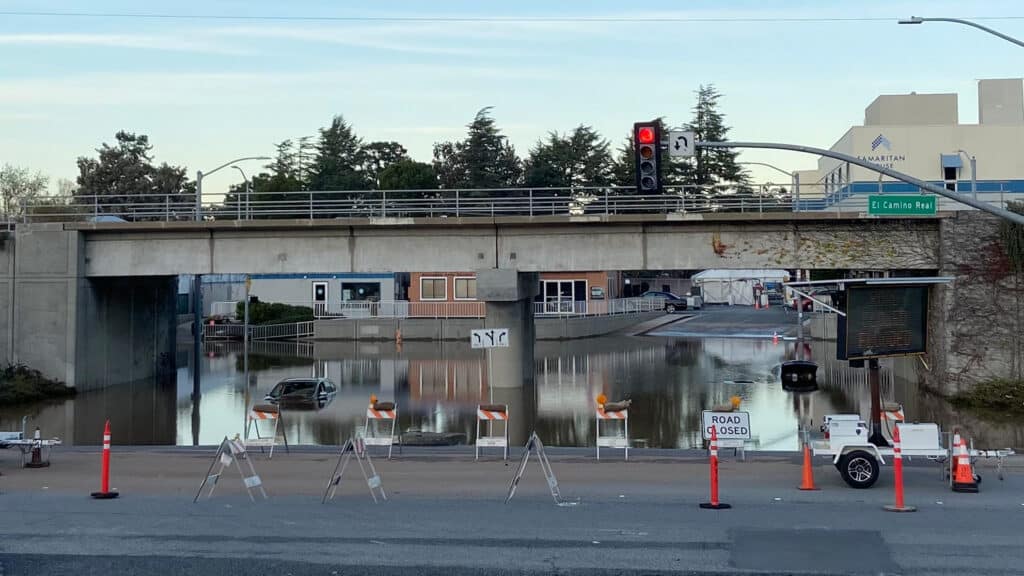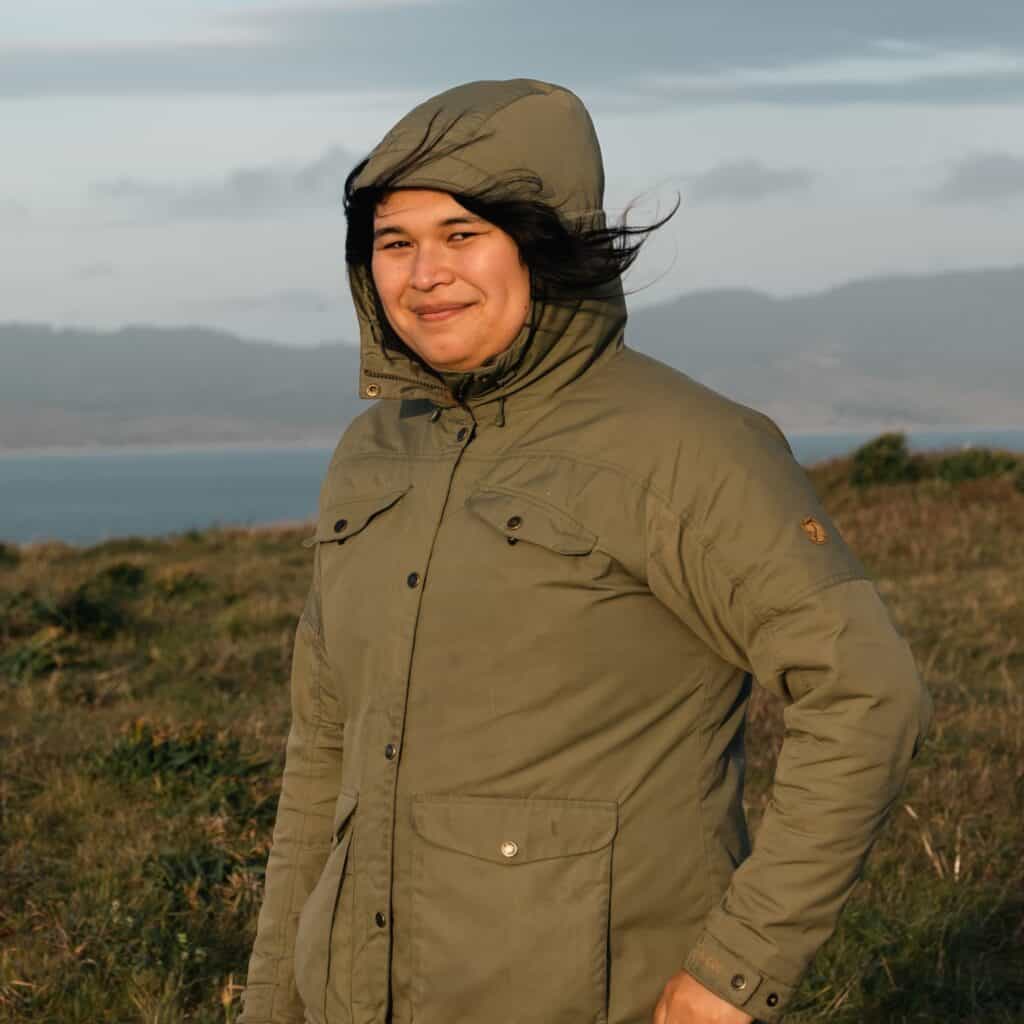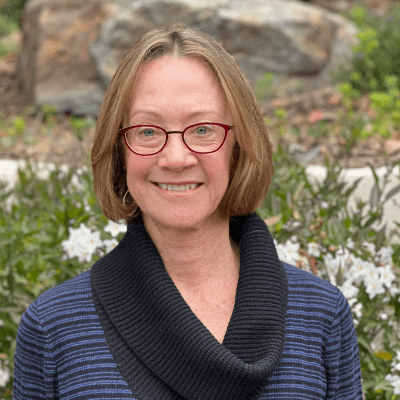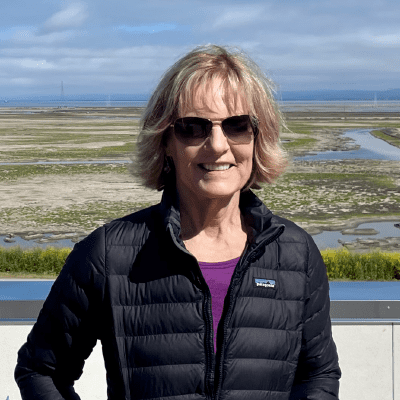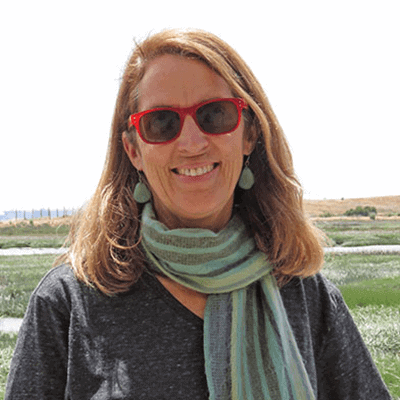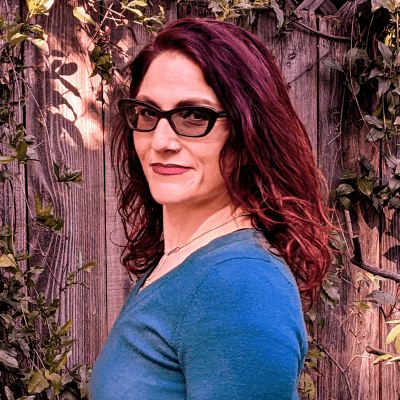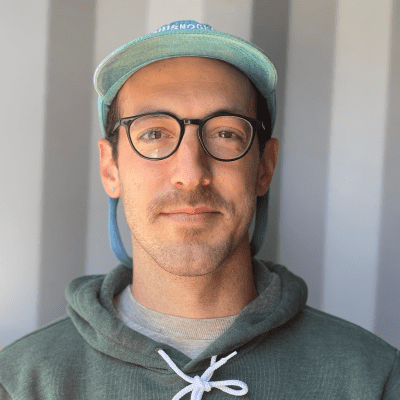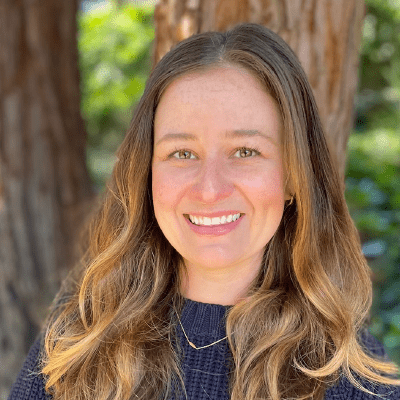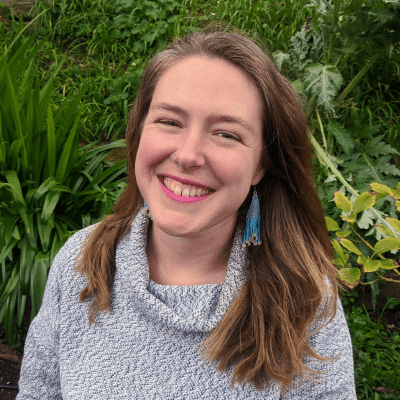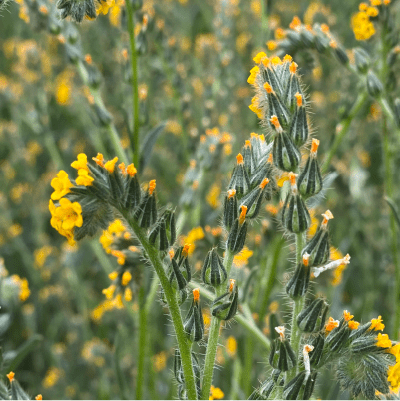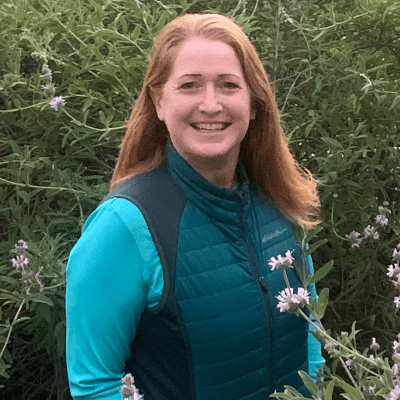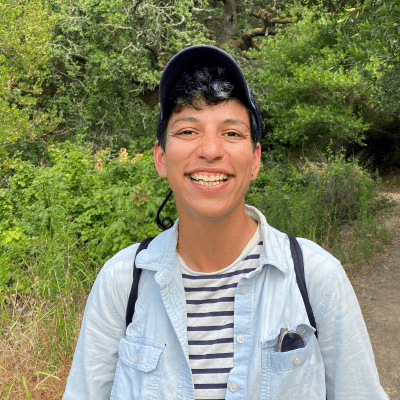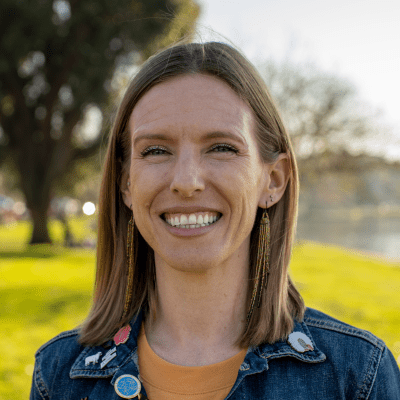Take Action
Be Part of the Movement to Protect and Restore San Francisco Bay
California has an opportunity to drastically reduce single-use plastic waste by passing a plastic bag ban bill that state policymakers are considering. Plastic bags are one of the most common trash items found in waterways and on the shoreline. From production to disposal, they are incredibly harmful to the environment and human health.
In 2014, Save The Bay advocated to pass the original plastic bag ban in California. Since then, the plastic industry has exploited loopholes in the law to continue selling plastic bags at grocery stores. We now have a chance to close those loopholes and enforce the law’s original intent – to stop plastic waste.
Tell Newark
Protect Newark Baylands, Say No to Mowry Village Project
Resilience isn’t achieved in a single stroke. It is built bit by bit over the long haul, and every decision we make along the way counts. Today, you can help prepare the Bay for sea level rise by supporting wetland restoration instead of development on historic Baylands in the City of Newark.
Standing with us means that you value the long-term benefits of adapting to sea level rise over the short-term benefits of putting housing where it will soon add strain to the region’s complicated flooding woes. A vote for the Newark Baylands is a vote to adapt responsibly in the Bay Area.
Stay Informed, Take Action
Progress starts with an informed and engaged community. By joining our email list, you’ll stay up-to-date on the latest issues facing San Francisco Bay and learn how you can help protect our region’s environment. Together, we can drive meaningful change. Check back soon for new opportunities to take action and create a lasting impact!

